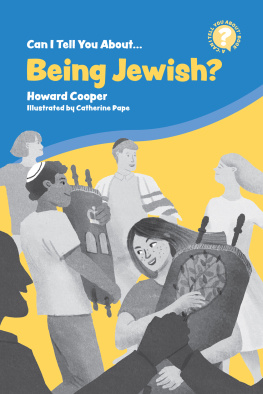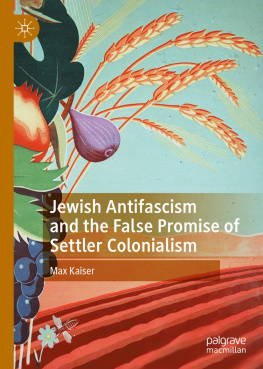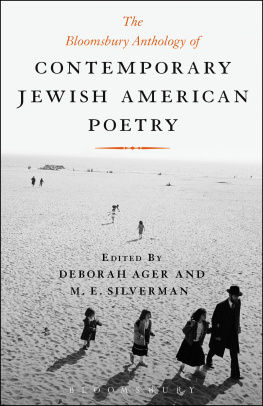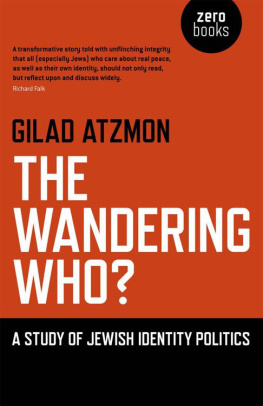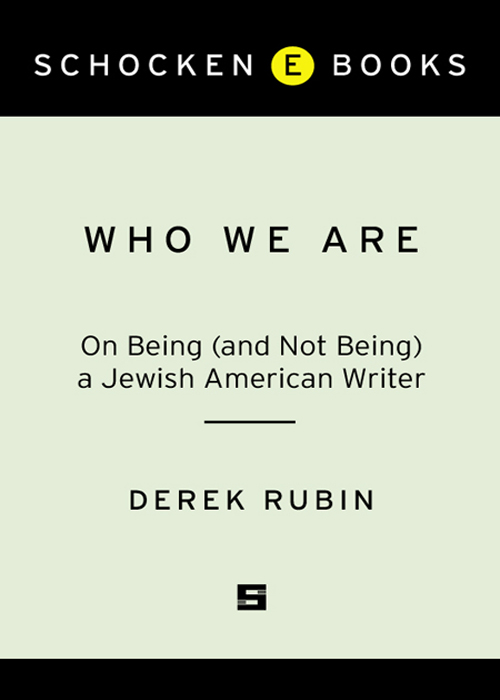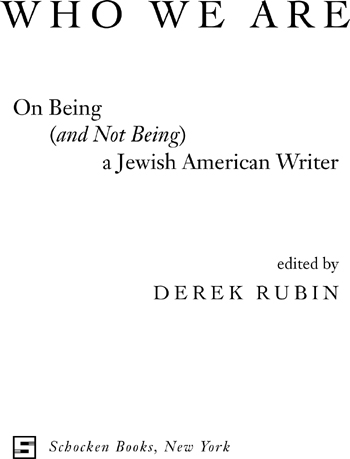DEREK RUBIN
Introduction
A large library could easily be filled with books and articles on the work of the great Jewish American luminaries, such as Saul Bellow, Cynthia Ozick, E. L. Doctorow, and Philip Roth. And in recent years the body of criticism on subsequent generations of Jewish American writers has been growing rapidly. Recurrent questions in much of this critical work are: What is it that makes this fiction Jewish? How is it that Jewish writers who emerged after the Second World War spoke to the imagination of so many American readers at large and became so central to American literature? Is there a future for Jewish American literature after the great postwar writers? And what is the place of Jewish writing in contemporary multicultural America? Given the contentiousness of these tangled issues, it's not surprising that critics and scholars have felt the need to have their say. What is surprisingly lacking, and long overdue, however, is a substantial and representative collection of essays by fiction writers themselves that sheds light on what it means to them to be Jewish and a writer in America. This book aims to fill that gap by bringing these writers out on stage and giving them a voice in this debate.
Over the years a number of Jewish American writers have written essays reflecting on the state of Jewish writing in America or on their own personal experiences as writers. However, most of these remain uncollected, and even the few that have been published in one-author collections remain dispersed and available only to a select readership. This anthology brings together essays by twenty-nine major Jewish American fiction writers. Approximately half of the essays were written especially for this book. A number of those that were previously published have been thoroughly revised and updated by their authors for publication in this volume.
Although by no means exhaustive, this anthology presents essays by a wide range of writers who represent the rich diversity of Jewish American fiction in the second half of the twentieth century. The lives of the contributors, whose essays are arranged chronologically by date of birth, span much of the last century. The anthology opens with Saul Bellow's self-deprecatory account of his unbridled literary ambition as a young writer starting out in Chicago in the 1930s and ends with Yael Goldstein's discussion of how the Bible stories she learned at the Orthodox schools she attended in the 1980s and 1990s shaped her as a writer. Geographically the essays range from Hollywood, where Leslie Epstein describes growing up in an affluent assimilated environment, to the Bronx, where Grace Paley reminisces about growing up on a street full of children. The religious spectrum of American Jewry is also represented here: at one end we have Pearl Abraham, who offers a vivid description of her rebellion against her Hasidic background, and at the other we find Robert Introduction Cohen, who humorously traces his ill-defined sense of Jewishness back to his upbringing as a suburban Reform kid, New Jersey division. Yet, in spite of these authors' generational, geographical, and religious diversity, placed side by side in a single volume their essays speak to each other in fascinating and often unexpected ways. As a means of locating themselves on the literary map, several writers refer to the same famous claims about Jewish American writing that have been advanced by other writers and critics over the years. Some of the authors actually refer to fellow writers who appear in this anthology. They describe reading each other's work and walking in each other's footsteps. Binnie Kirshenbaum uses Brenda Patimkin in Philip Roth's Goodbye, Columbus, which was published in the same year she was born, as her point of reference in exploring her journey from affluent suburbia to the life of a writer in New York City; JonathanWilson describes vividly the impact of Portnoy's Complaint on his own development as a writer to cite just two examples among many.
Other writers in the anthology measure their aspirations and positions as Jewish writers in America today against their predecessors. Allegra Goodman rejects what she takes to be the facile self-deprecatory stance toward their Jewishness of writers like Saul Bellow and Philip Roth, who have become institutionalized, mainstream American writers, and have thereby been cut off from their ethnic roots. Rather, she believes that at the risk of seeming parochial, Jewish writers of her generation must recapture the spiritual and the religious dimension of Judaism in their fiction. Jonathan Rosen, on the other hand, started out as a writer aspiring to emulate his Jewish American forerunnerslike Bellow, whom he particularly Introduction admiredby continuing their great literary journey outward into America. He soon found, however, that the country had changed and that in the age of multiculturalism one discovered America by exploring one's own ethnic, religious, or cultural particularity. And Robert Cohen, in yet another response to the plight of the younger generation of Jewish American writers, describes how, desperately trying to define himself as a writer in relation to his predecessors (Jewish, American, or a combination thereof, with the added complication of his having an international array of other literary heroes), he came to wonder whether his very needand inabilityto do so might not be what being post-acculturated meant.
In addition to sharing common points of reference, the writers in this anthology also respond in competing and complementary ways to a set of shared concerns, highlighting continuities and discontinuities in their views on what constitutes Jewish American literature and in their perception of themselves and others as Jews writing in America. The definitions of Jewish literature offered by the authors in this anthology are rich and diverse. There are those who look to their hybrid experience as Jews in America to define the Jewishness of their fiction. Chaim Potok, for example, describes how growing up in the Bronx in the 1930s and 1940s he was exposed to what he calls core-to-core culture confrontations between aspects of his Orthodox Jewish background and Western secular humanism. Living between these two worlds led to his artistic and literary creativity and to his explorations of such confrontations in his fictional characters. Max Apple, who grew up in a Yiddish-speaking home, also points to the advantages of living between worlds. He portrays himself as a hybrid inhabited by two complementary identi- Introduction ties whom he refers to as Max and Mottele. Through an engaging dialectic between Max, the American, and Mottele, the son of Eastern European immigrants, he describes how his hybridity renders him less dogmatic and more open to new experiences than people who live in one culture or one world. He refers to such people as ones. As Mottele puts it, They see one thing; they know one thing. How hard is it for one to be right? One is always right.
Hybrid experience does not, however, characterize only the postimmigrant generation. Living in the margins or between worlds takes many shapes and forms among the younger writers in this anthology. Robert Cohen's tangled, divided sense of self as an acculturated Jew and as an American figured prominently in his struggle to turn himself into a writer and yielded what he conceived as his Jewish novel,


